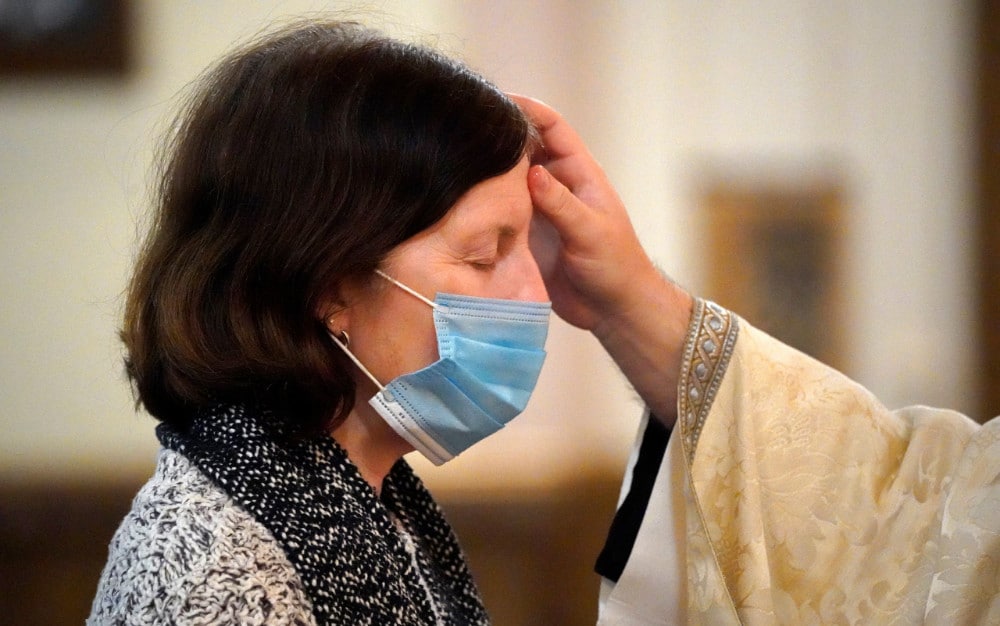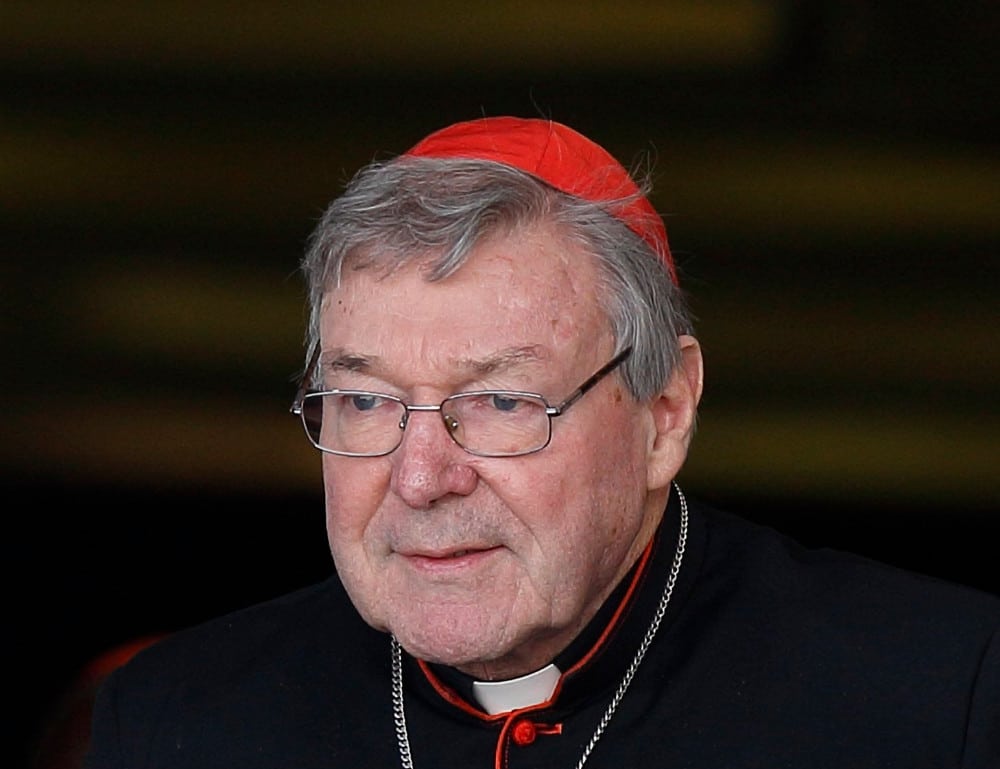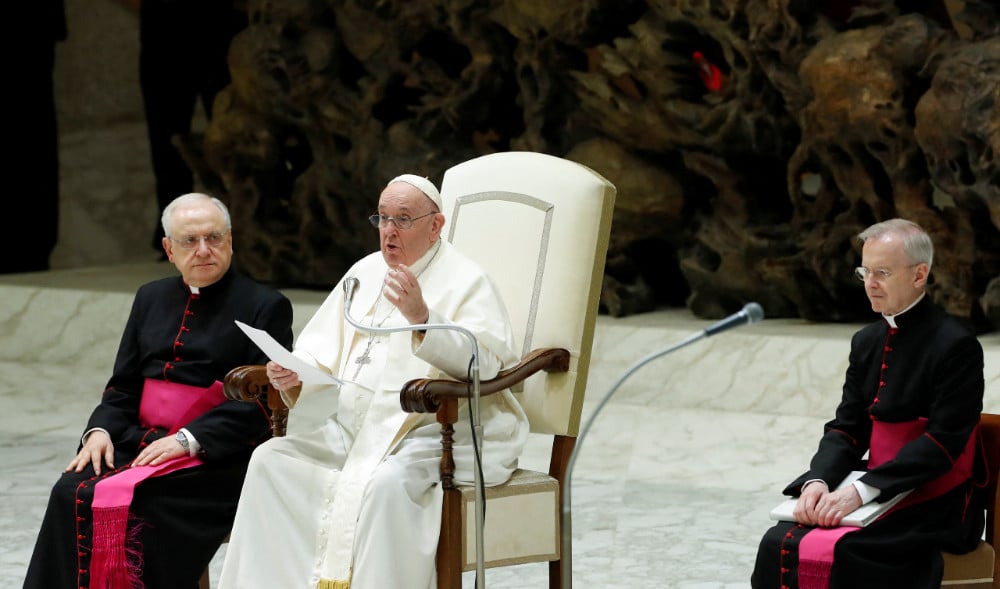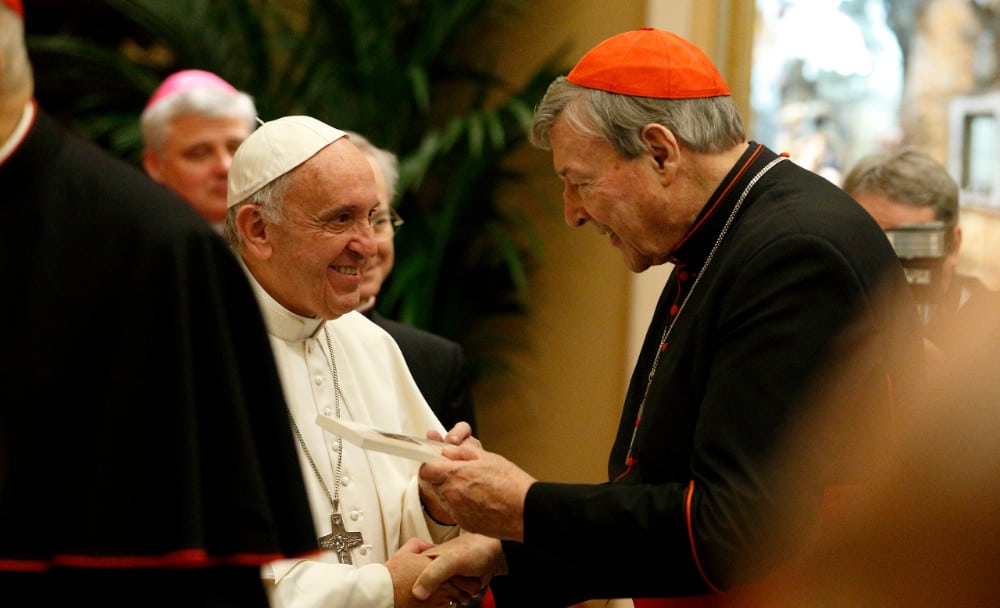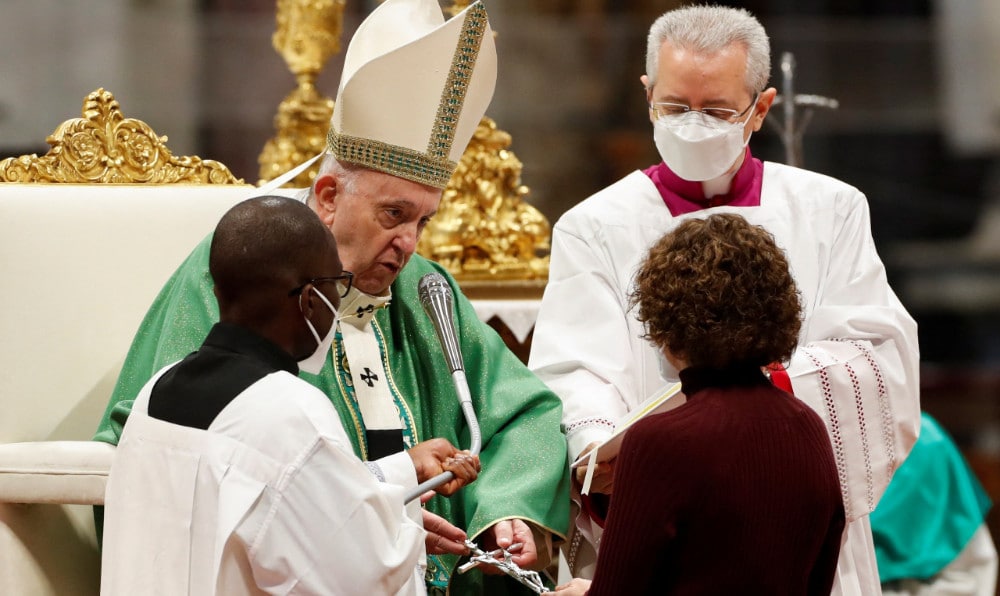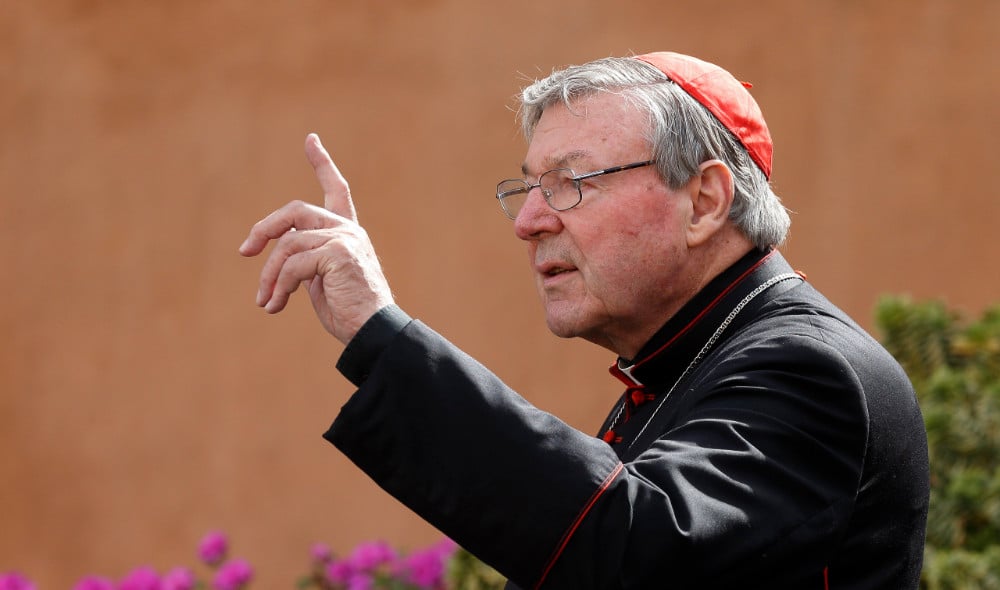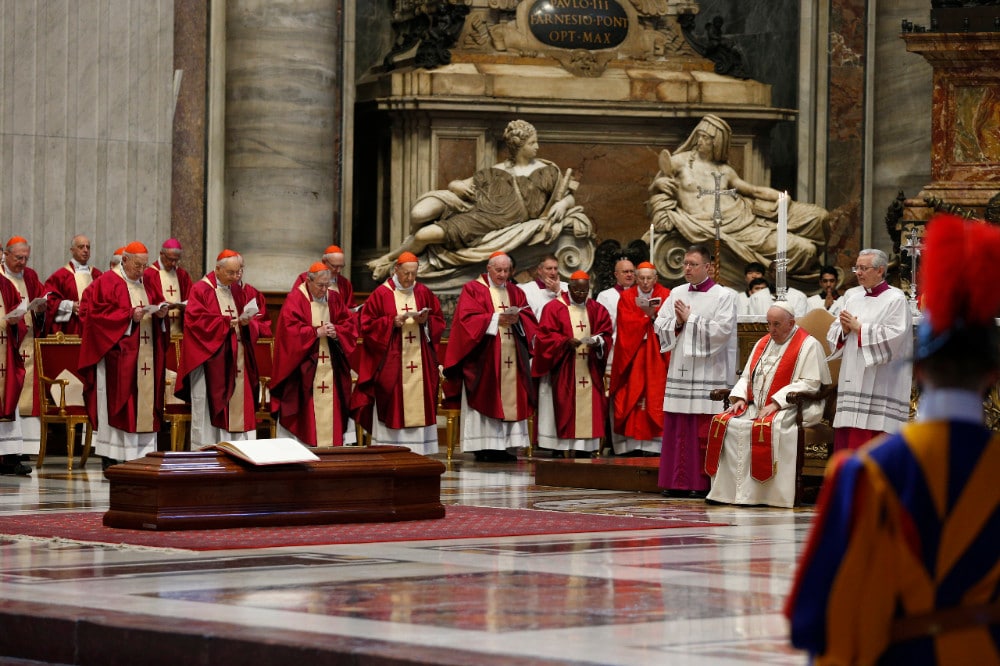VATICAN CITY (CNS) — The way individual Catholics and their parishes care for the sick offers a precise measure of just how much they either are part of or are fighting the “throwaway culture” that ignores or discards anyone seen as flawed or weak, Pope Francis said in his message for the World Day of the Sick.
The care of those who are ill shows “whether we are truly companions on the journey or merely individuals on the same path, looking after our own interests and leaving others to ‘make do,'” the pope said in the message, which was released by the Vatican Jan. 10.
The Catholic Church celebrates the world day Feb. 11, the feast of Our Lady of Lourdes.
“Experiences of bewilderment, sickness and weakness are part of the human journey,” the 86-year-old pope wrote.
But, he said, the Bible makes clear that “far from excluding us from God’s people,” those situations of vulnerability “bring us to the center of the Lord’s attention, for he is our Father and does not want to lose even one of his children along the way.”
Those who profess belief in God, he said, should do likewise, placing the sick at the center of their attention.
To illustrate his point, Pope Francis used the parable of the good Samaritan, a story he often cites to illustrate the importance of community and fraternity in contrast to cruelty and self-absorption.
“The fact that the man, beaten and robbed, is abandoned on the side of the road” in the parable “represents the condition in which all too many of our brothers and sisters are left at a time when they most need help,” the pope said.
In addition, he said, in too many cases it is not easy “to distinguish the assaults on human life and dignity that arise from natural causes from those caused by injustice and violence. In fact, increasing levels of inequality and the prevailing interests of the few now affect every human environment to the extent that it is difficult to consider any experience as having solely ‘natural’ causes.”
The problem is not only illness, the pope said, but also loneliness and the feeling of abandonment, both of which “can be overcome more easily than any other injustice, because — as the parable tells us — it only takes a moment of our attention, of being moved to compassion within us, in order to eliminate it.”
In the parable, he said, “two travelers, considered pious and religious, see the wounded man, yet fail to stop. The third passerby, however, a Samaritan, a scorned foreigner, is moved with compassion and takes care of that stranger on the road, treating him as a brother. In doing so, without even thinking about it, he makes a difference, he makes the world more fraternal.”
People need the love and support of others as they age and especially when they are ill, he said.
Usually, people are not prepared to fall sick, he said, and, often, “we fail even to admit that we are getting older.”
“Our vulnerability frightens us, and the pervasive culture of efficiency pushes us to sweep it under the carpet, leaving no room for our human frailty,” he said. And even when people do not turn away, sometimes those who are sick think they should distance themselves from loved ones so they don’t become “a burden.”
But, Pope Francis said, “this is how loneliness sets in, and we can become poisoned by a bitter sense of injustice, as if God himself had abandoned us. Indeed, we may find it hard to remain at peace with the Lord when our relationship with others and with ourselves is damaged.”
If the Catholic Church is truly to be a “field hospital,” the pope said, then its members must act.
The Church’s mission, he said, “is manifested in acts of care, particularly in the historical circumstances of our time. We are all fragile and vulnerable, and need that compassion which knows how to pause, approach, heal and raise up.”
“The plight of the sick is a call that cuts through indifference and slows the pace of those who go on their way as if they had no sisters and brothers,” Pope Francis insisted.
Those who are sick, he said, “are at the center of God’s people, and the church advances together with them as a sign of a humanity in which everyone is precious and no one should be discarded or left behind.”

